Feature: The Beauty of the Fields
Vettes, Ball Games, Rotary Picnics, and Life Flight: How one field builds community even during local strife
BAR HARBOR—The fields aren’t always picture perfect and dry spots mar the green grass occasionally, sometimes parts of them flood out, and earlier this year someone did donuts on the softball diamond, but one Corvette owner gazed upon it all and smiled.
“What a beautiful place,” he said as people surrounded Corvettes lined up in rows, checking out tires, paint jobs, engines, and stories under the back drop of Cadillac and Dorr Mountains. “I love it here. I love the people here.”
Almost every summer weekend, if you live by the fields at Park Street in Bar Harbor, you can hear that happen. Coaches, parents, kids, and volunteers gather for games, many of which are organized by Acadia Youth Sports, a volunteer-fueled organization that brings sports to kids in Bar Harbor.
“(We watch) our small team of community members rally together. Sometimes the Acadians win and sometimes we don’t. But we are always there to the bitter end, together,” Acadian Youth Sports President Tony McKim told the Bar Harbor Story last August at the Marty Lyons Tournament.
The athletic fields were donated to the town by John Stewart Kennedy, the original owner of “Kenarden” estate. That name is a contraction of Kennedy-garden. The fields were given with the restriction that they be used by the citizens of Bar Harbor with no commercial usage permitted.
What Kennedy did was create a legacy of community.
Here’s the thing: People talk about, people read about, bad news.
Someone yells at someone else? We all want to know about it. Someone steals something? We all want to know about it. Someone makes a mistake? Same thing.
But community is more than the bad news. It’s more than the controversies, the us-vs-thems, the mistakes, or even the police presence outside a public space where candidates for a town council and their audience were inside being quite cordial.
Community comes in many ways, in tiny interactions and in big ones. It has bad moments and it has amazing ones.
Those moments are built by us.
Sometimes they are built on a field.
This Saturday, plays were cheered. People yelled across the field their praise. Parents and grandparents leaned toward each other, swapped stories, shared community.
Head out to watch an Acadians’ game and you might see a Bar Harbor man who hosts yearly rentals coaching, or another who isn’t on the same side as you might be about cruise ships coaching. You might see a woman who has a different opinion than you on short-term rentals helping your kid up off the asphalt when they fell down.
Some families spent seven hours there, just on Saturday, watching three games, and posted joyful Facebook posts after it was all over.
And maybe that should be news, too. Maybe that’s the sort of thing that communities need to be built on, too.
If you went to the games, you might just have met a cool dog like Penny, a Maltipoo, who was named Penny both for the color on her ears and because, right before her human met her, two pennies rolled onto the floor. It’s a story, offered, given, and remembered, a connection.
“She has the softest fur,” her human said, another offering. “Pet her.”
That’s what community is. It is the sharing of story. It’s connection no matter what differences are. It’s a coming together and an offering.
Goethe wrote, “The world is so empty if one thinks only of mountains, rivers, and cities; but to know someone who thinks and feels with us, and who, though distant, is close to us in spirit, this makes the earth for us an inhabited garden.”
STRIFE
On Friday afternoon, Bar Harbor Town Council Chair Valerie Peacock issued a statement about escalating tension around the town’s cruise ship disembarkation limits, law suits against the town’s limits, and another against the town councilors.
“I hope we can all reaffirm our commitment to fostering a culture of constructive dialogue and mutual respect within our community. One that allows us to resolve our disagreements through a healthy process,” she wrote.
It’s easy to only hear the negative headlines. It’s easy to put things into polarities of us versus them, but that’s not how any of this works, not on an island where community is interconnected and the us versus them doesn’t quite work in reality the way it might on paper. Tempers flare, yes. Things get said in real life and on social media and emails, yes. Sometimes, people get hurt, yes, and that’s horrible. People mess up, absolutely. But that’s not all it is. It’s never all that it is.
David Spangler wrote, “Some people think they are in community, but they are only in proximity. True community requires commitment and openness. It is a willingness to extend yourself to encounter and know the other.”
Quotes like that make community seem almost impossible. But here’s the thing, people do it here on Mount Desert Island every single day and sometimes don’t realize it. It’s as much a part of the nature of Bar Harbor and all the island communities and Trenton as everything else.
This weekend, on connected fields on Park Street in Bar Harbor, and right next to them on the street, and in the YMCA parking lot, you could witness that commitment and openness, witness people support each other, witness people connecting with each other. You just have to be willing to see and accept that this is part of our reality, too. Not just strife.
CORVETTES AND A GATHERING PLACE
The Vettes of Coastal Maine have been exhibiting at the Bar Harbor ball field on one day a year, for usually four hours, for at least 25 years, according to former Town Councilor Jeff Dobbs.
Bar Harbor/MDI Rotary Club, on that same field, annually hosts a July Fourth celebration, which raises money for nonprofits and scholarships in the community. It relies all on volunteers to feed hundreds.
In 2020, the town approved a permanent pad for Life Flight at the location. The YMCA uses portions of that lower field for day camps and has often set up tents there as well.
These fields do a lot. The fields are a gathering place, not usually to listen to speakers pontificate, but to engage, to host, to save lives, to celebrate, and to volunteer.
“This is tourism at its best,” one Vette owner, Susan, said, Saturday morning, watching as people laughed together as they viewed the cars.
A moment later, two Bar Harbor residents walked by a line of Vettes.
“They look like eyes,” one said, giggling and pointing at headlights.
“They do!” her companion said, laughing, too.
The owner of the car glanced over and shrugged with a smile as he said, “They do.”
Two rows over, people crowded around a man, his back bent as he stared at a particular Vette.
“He spent twenty years in Saudi Arabia,” one of the men next to him said, pride raising his voice. “Tell him. Tell him about it.”
Stories were shared, exchanged, sometimes with strangers, sometimes with friends.
And people who might not normally be greeted warmly were greeted like celebrities. This was what happened when two parking enforcement officers arrived.
“I’m going to get a picture with them. Oh my gosh! You watch me!” one man enthused. He did.
“No tickets?” someone called out, teasing, as the women walked through the line of parked cars.
“Not here! No citations here!” one of the women called back.
One man told the story of how he purchased his Vette just two hours before the adventure to Mount Desert Island began. It was a model another Vette enthusiast coveted. It turned out the car had once belonged to a GM executive.
“Wow,” he whispered.
Corvettes, produced by General Motors since 1953, are two-door, two-seaters. The originals had fiberglass bodywork. The first three hundred were hand built, polo white, and created a legacy. Communities, sometimes, are like that, too. They have to be built with care, by hand, via interaction, no matter what the differences are. Community members, just like eight generations of Corvettes can gather and be loved, for where they are similar, and where their differences are, too.
“I know there is strength in the differences between us. I know there is comfort, where we overlap,” Ani DiFranco said.
ACADIANS
At the same time as the Vette show, two girls practiced pitches, alone. Pitching and catching the ball over and over again, back and forth. It’s a fundamental skill, the time-honored practice of pitchers and catchers of teams, the warm up, the aim and the release and the return.
Conversations are like that, too. One person offers a sentence, a thought. Another returns it. Over and over again. Until they don’t.
On Saturday, when one girl dropped the ball, the other girl yelled, “It’s OK! You got this.”
A mistake? It wasn’t the end of the world. They just started again, encouraging each other, trying to make it better.
The same thing was happening on the other field as two Acadian softball teams of nine and ten year olds played.
“Come on, Bree. You’ve got this. You can do this!” The encouragements became a mantra.
The cheers? They became a chorus.
“Come home!” the crowd yelled to one player as she hesitated at third base. “Come home!”
She did.
And her teammates greeted her, smiling, patting her back and giving tippy-toe hugs.
There’s a lot you can learn right on a ball field, in Bar Harbor, and pretty much anywhere. And it’s pretty easy to see. You just have to want to look.
SKATEPARK, HALF-MARATHON, FARMERS’ MARKET, AND PARK STREET PLAYGROUND
The connections continued throughout the weekend and each relied on one thing: a bunch of people volunteering to make it happen.
At the skate park, built by volunteers, local and visiting young adults practiced their kick turns and backside 180s. At the Park Street Playground, funded and built by community volunteers, families played, swinging, dancing, laughing. And at the MDI YMCA’s half-marathon and 10K, a fundraiser for the organization that often uses the town fields and playground for its camps and daycare, runners gathered nearby to race. Family members and friends lined the street next to the field to cheer them on.
While the YMCA is a nationwide organization with a local chapter and paid staff, the playground and the skatepark, and the marathon all relied on volunteers.
Idowu Koyenikan said, “He who masters the power formed by a group of people working together has within his grasp one of the greatest powers known to man.”
We can all do that. We can work together. Governments can work in transparency as much as possible and regain trust again. People can become unafraid to run for office again. Former friends can settle disputes on fields again. And people can continue to be proud of their town, and their community, and each other. Sometimes all it takes is a field and a willingness to remember that the loudest voices, even the most confident voices, the ones with the most social media views, the ones with videos and stories created by people who do not even live here and were here just for a day aren’t always the ones that should be heard the most, or the ones that are meant to determine what the story of a community actually is.
We get to do that.
Together.
Photos by Carrie Jones and Shaun Farrar/Bar Harbor Story
This story was updated to include historical information about the fields. Many thanks to our reader who provided us with that information.
LINKS TO LEARN MORE
If you’d like to donate to help support us, you can, but no pressure! Just click here.









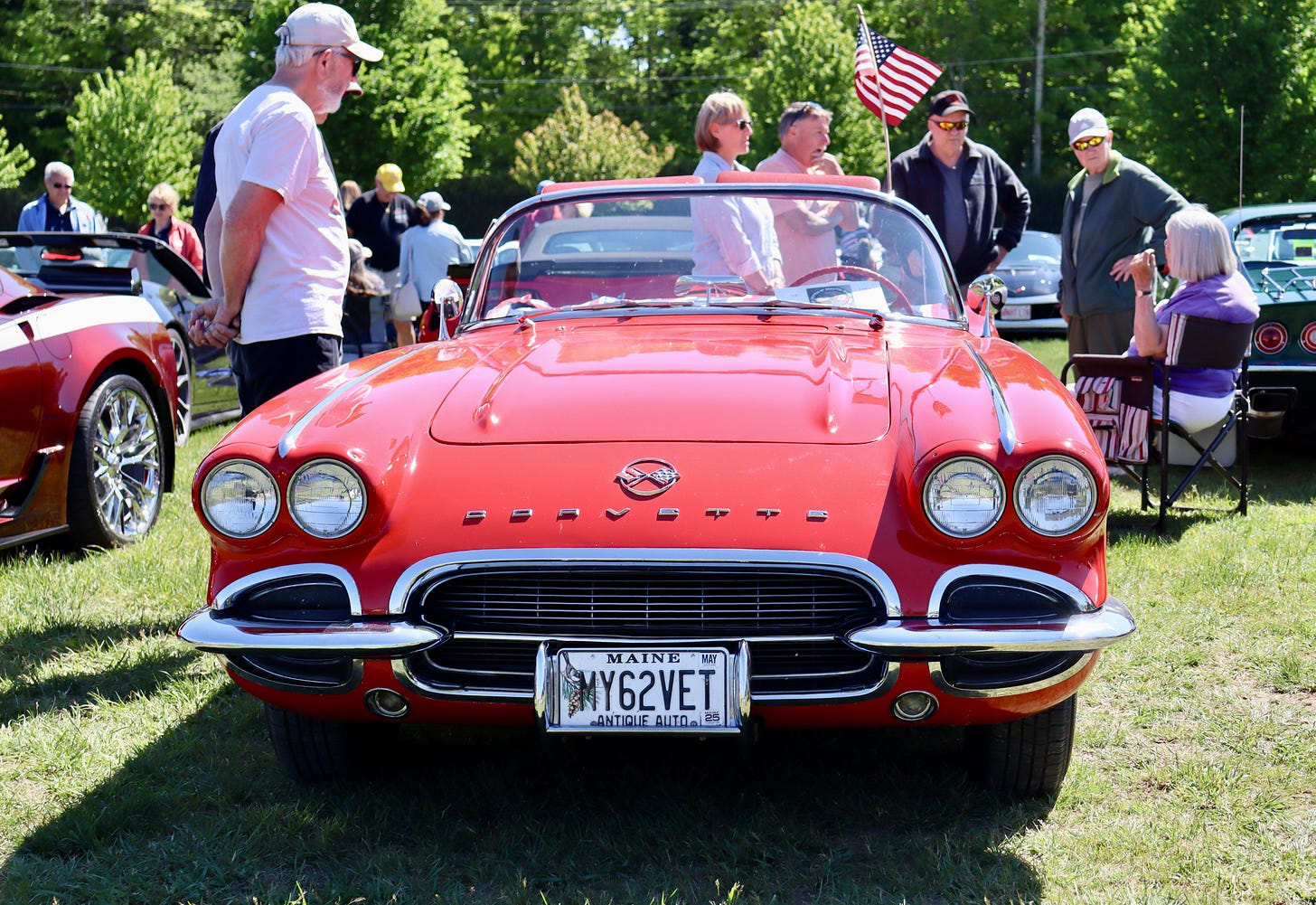
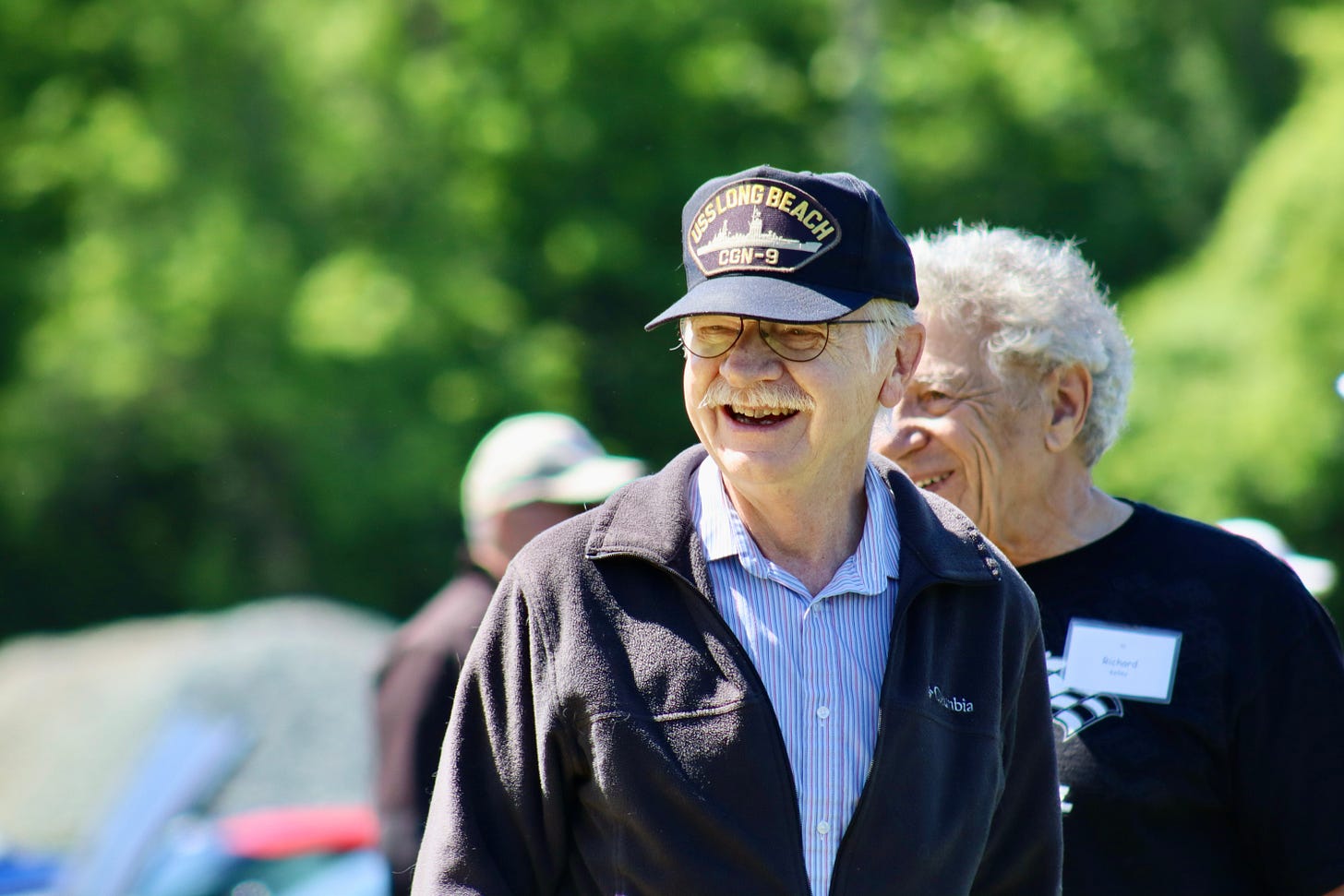

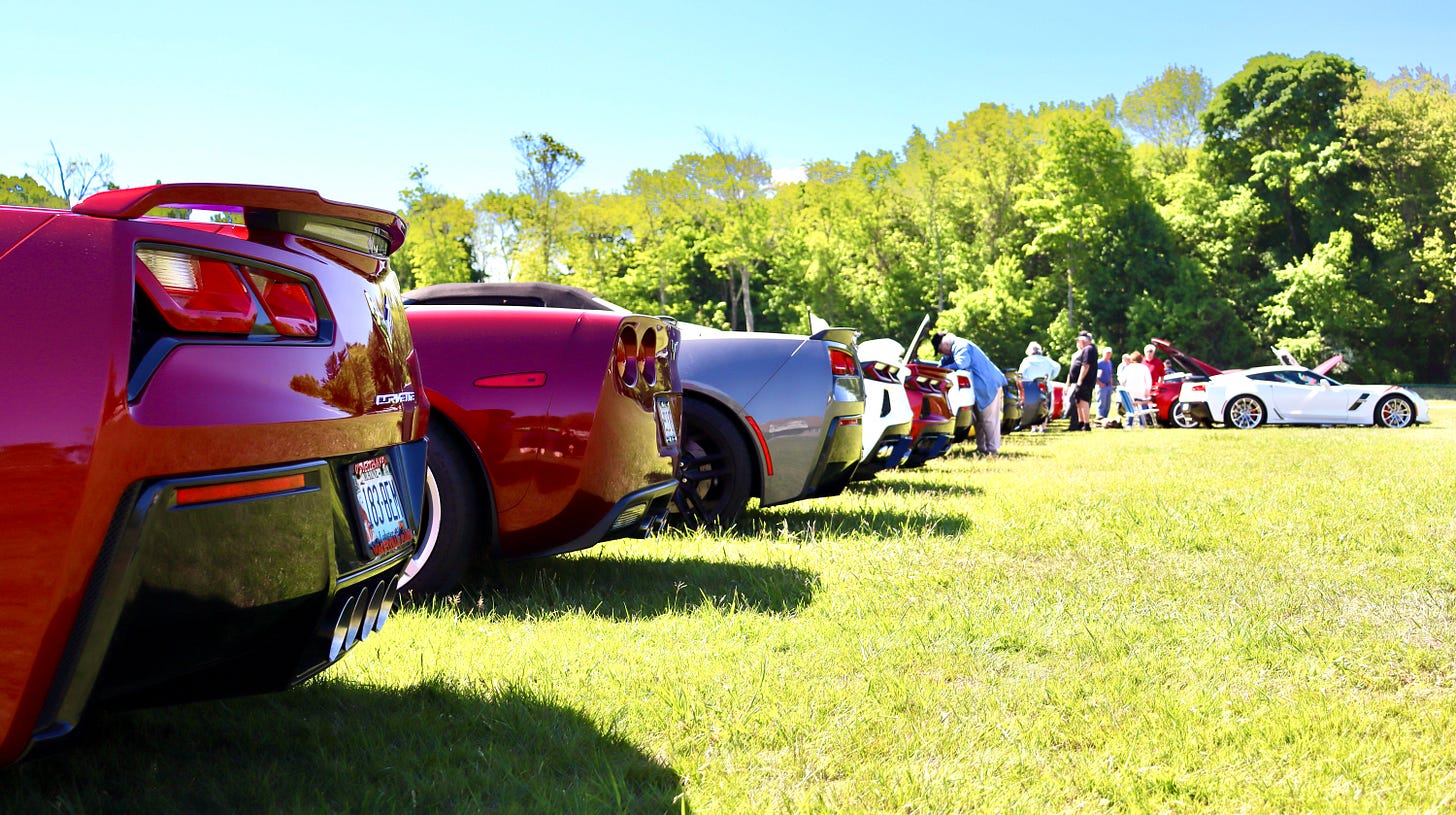
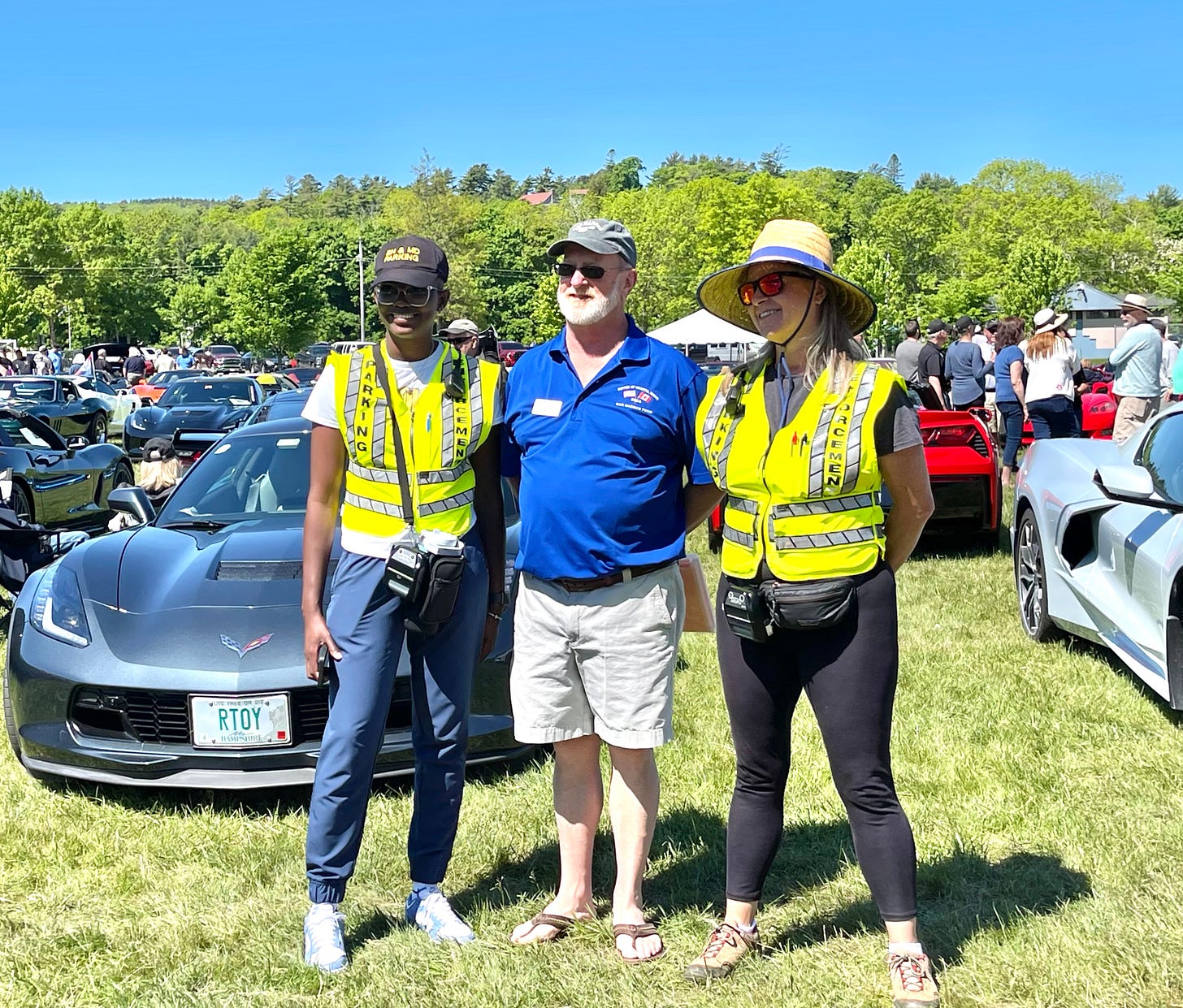
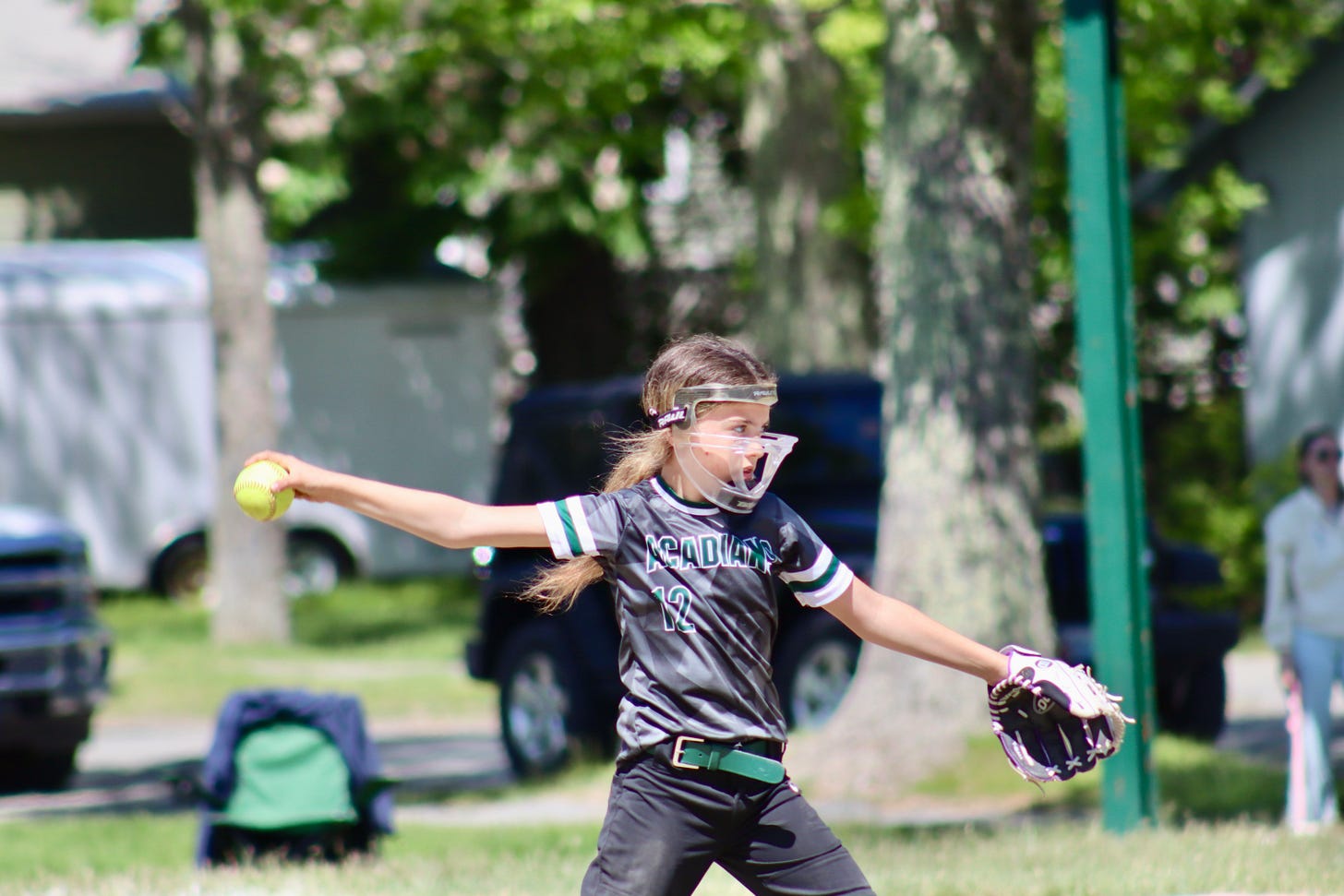

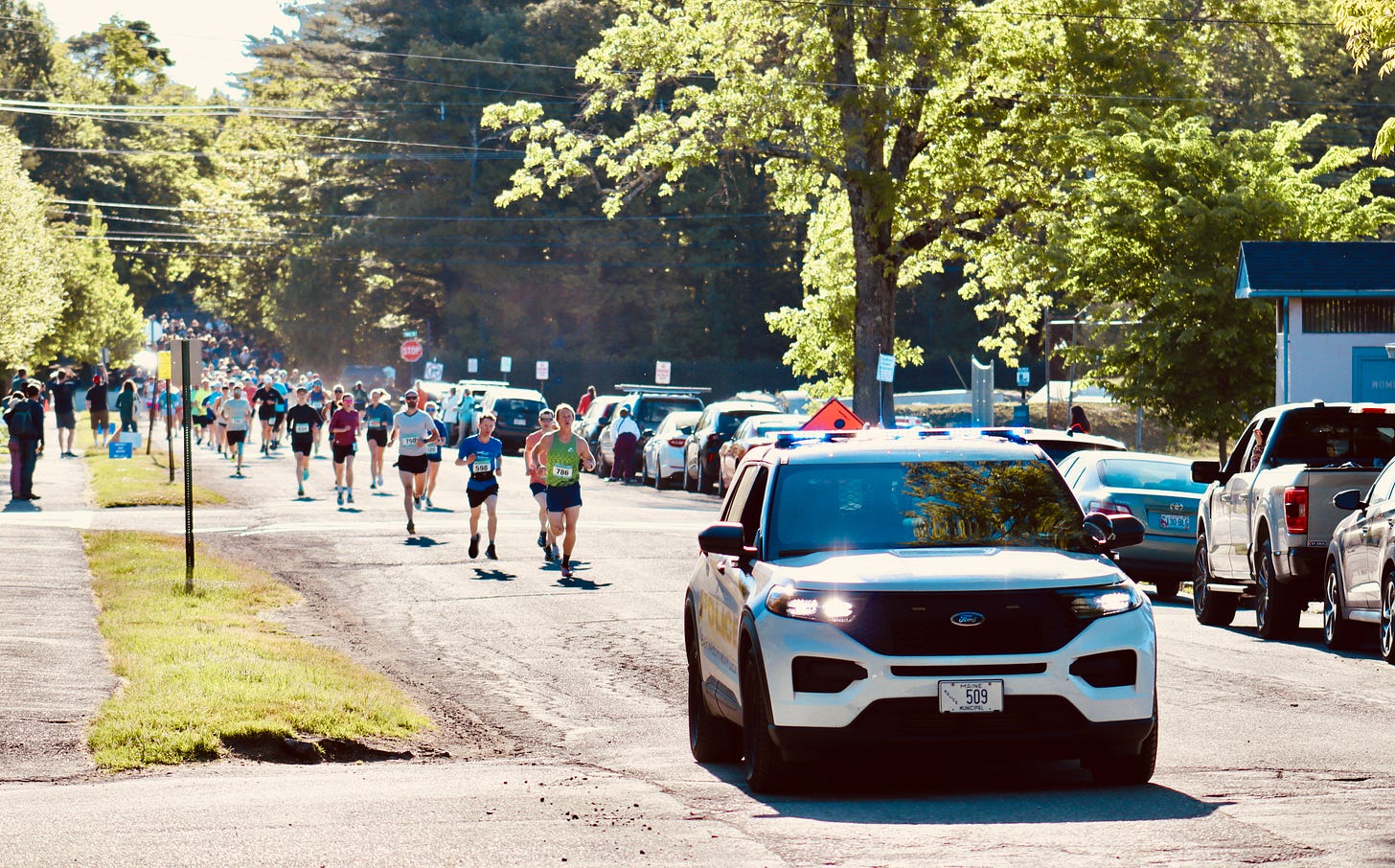
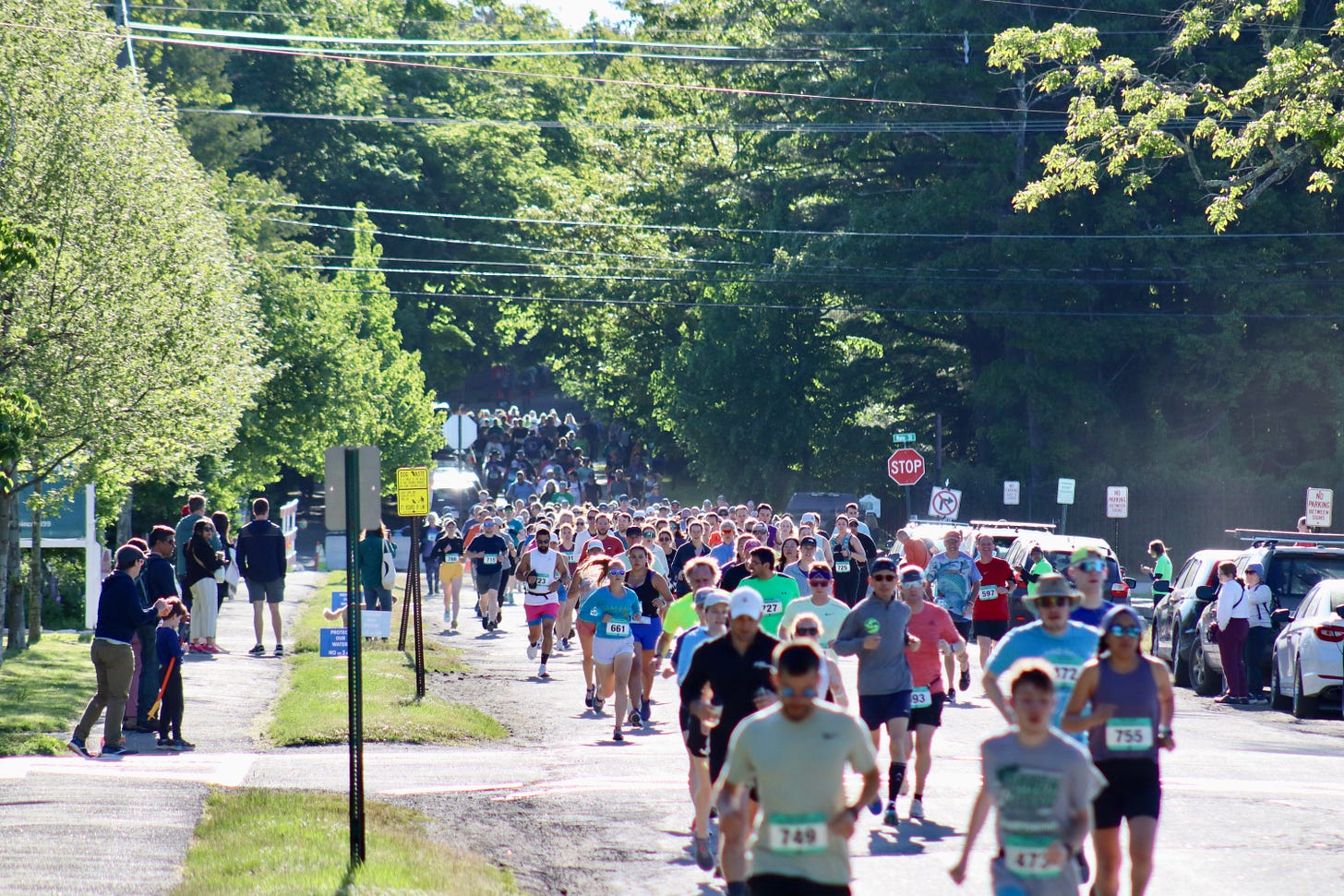
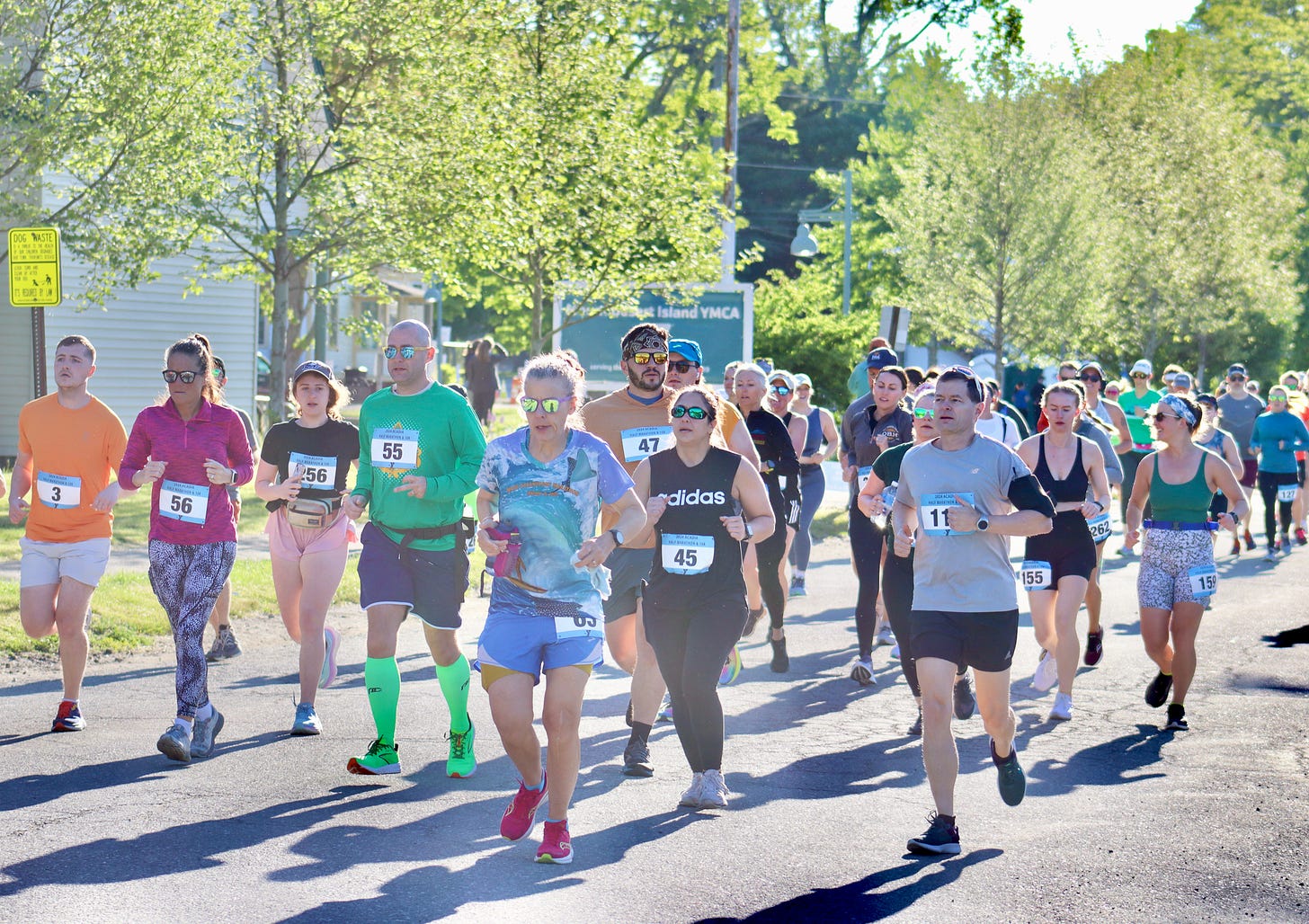
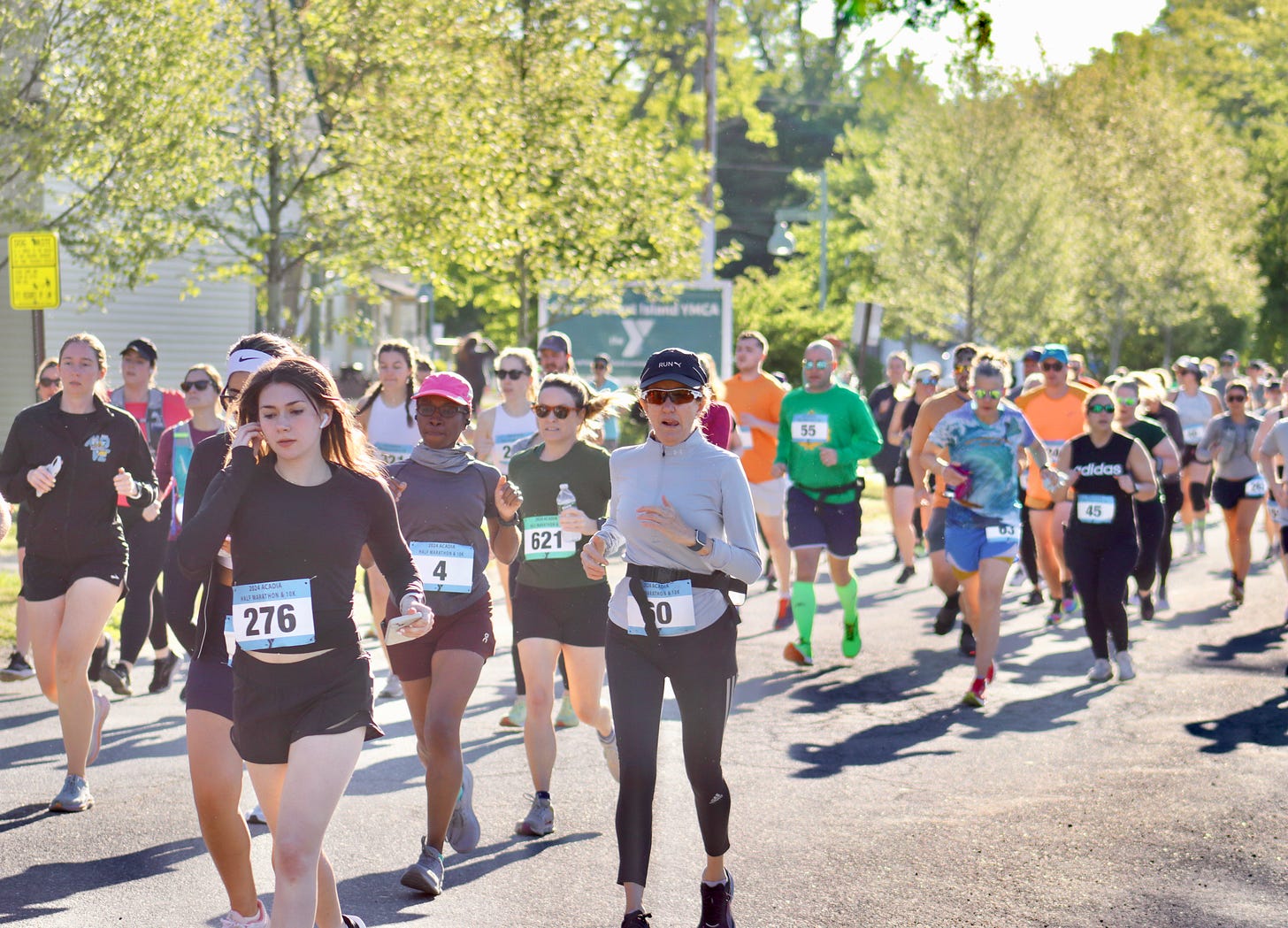
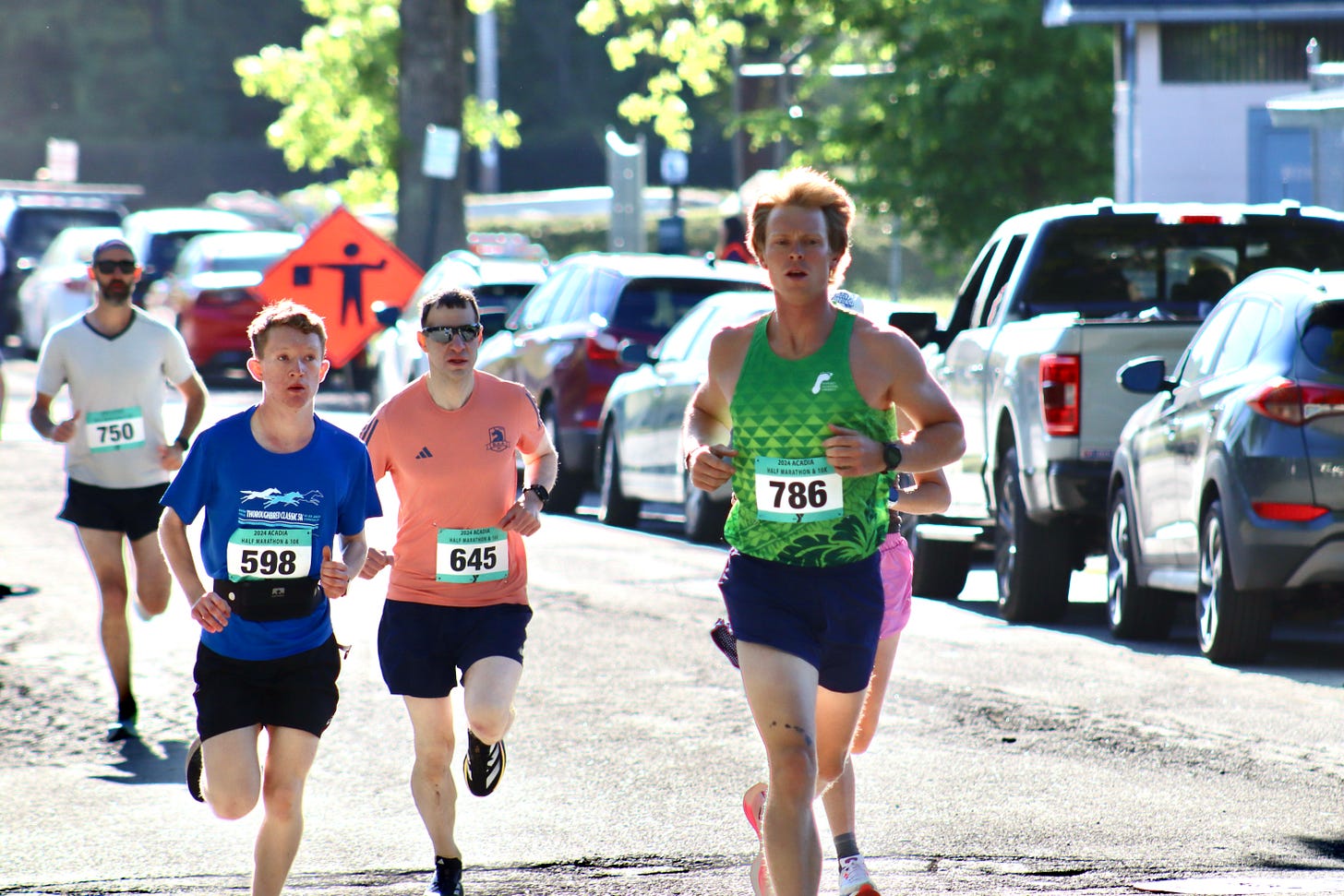
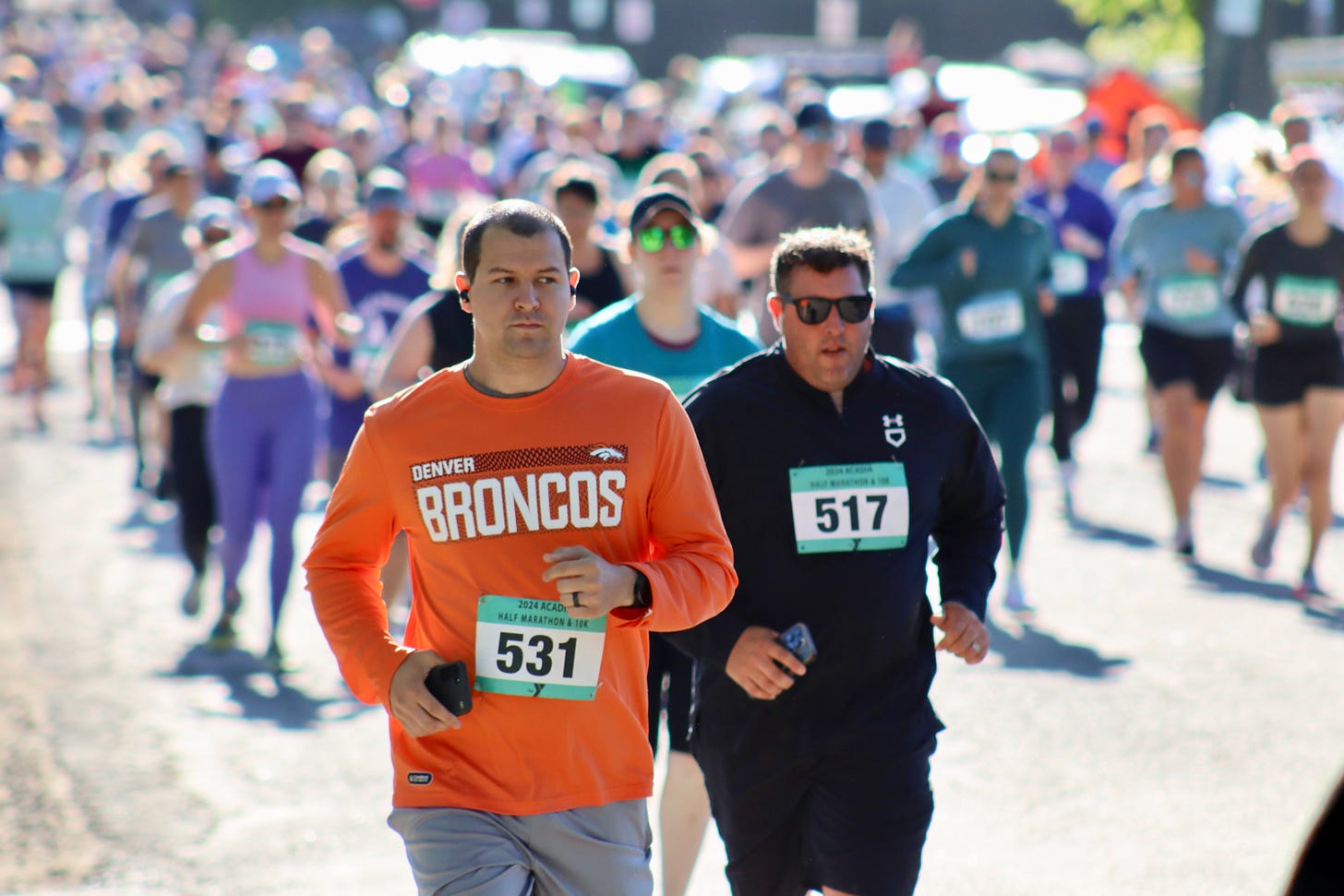



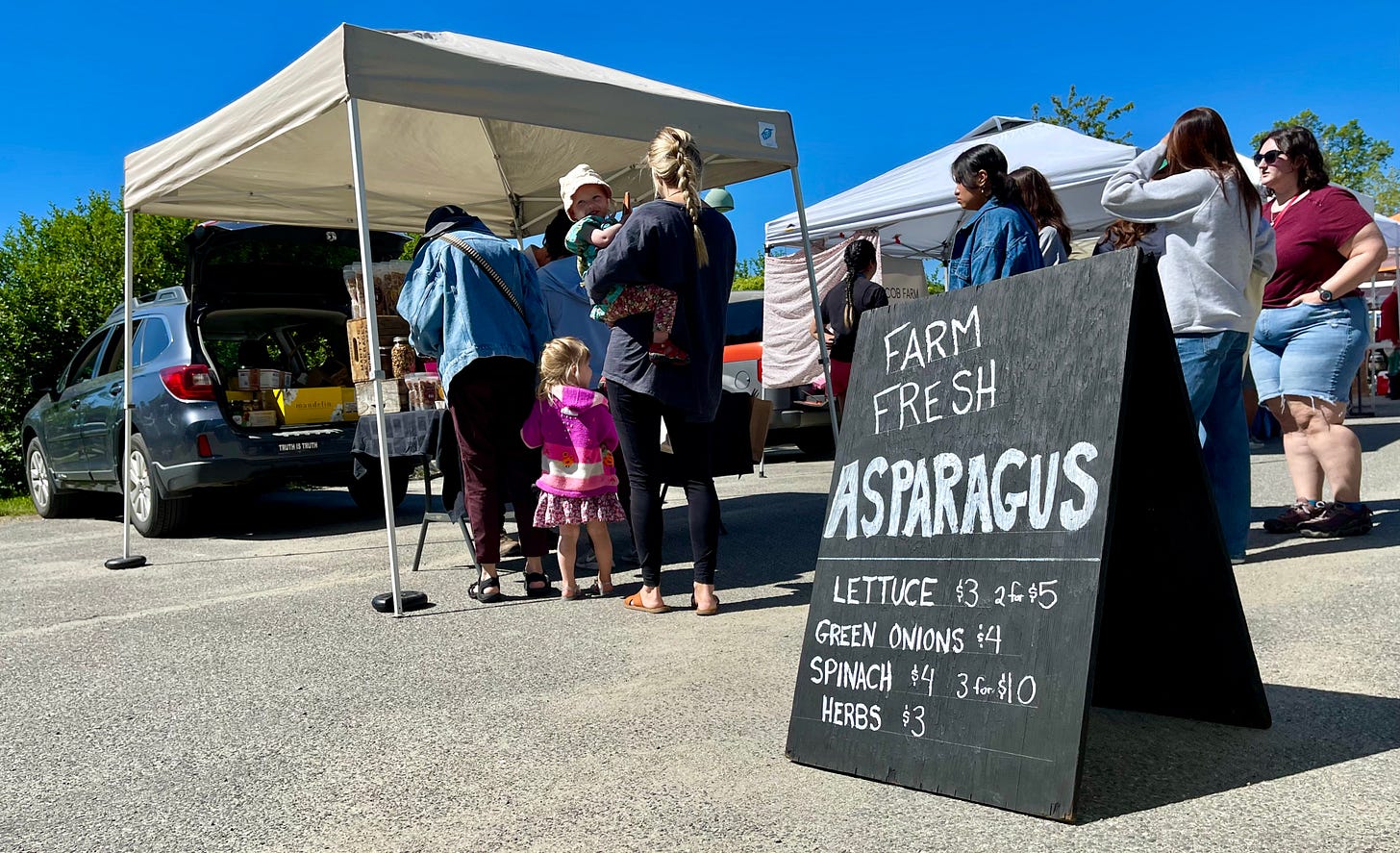

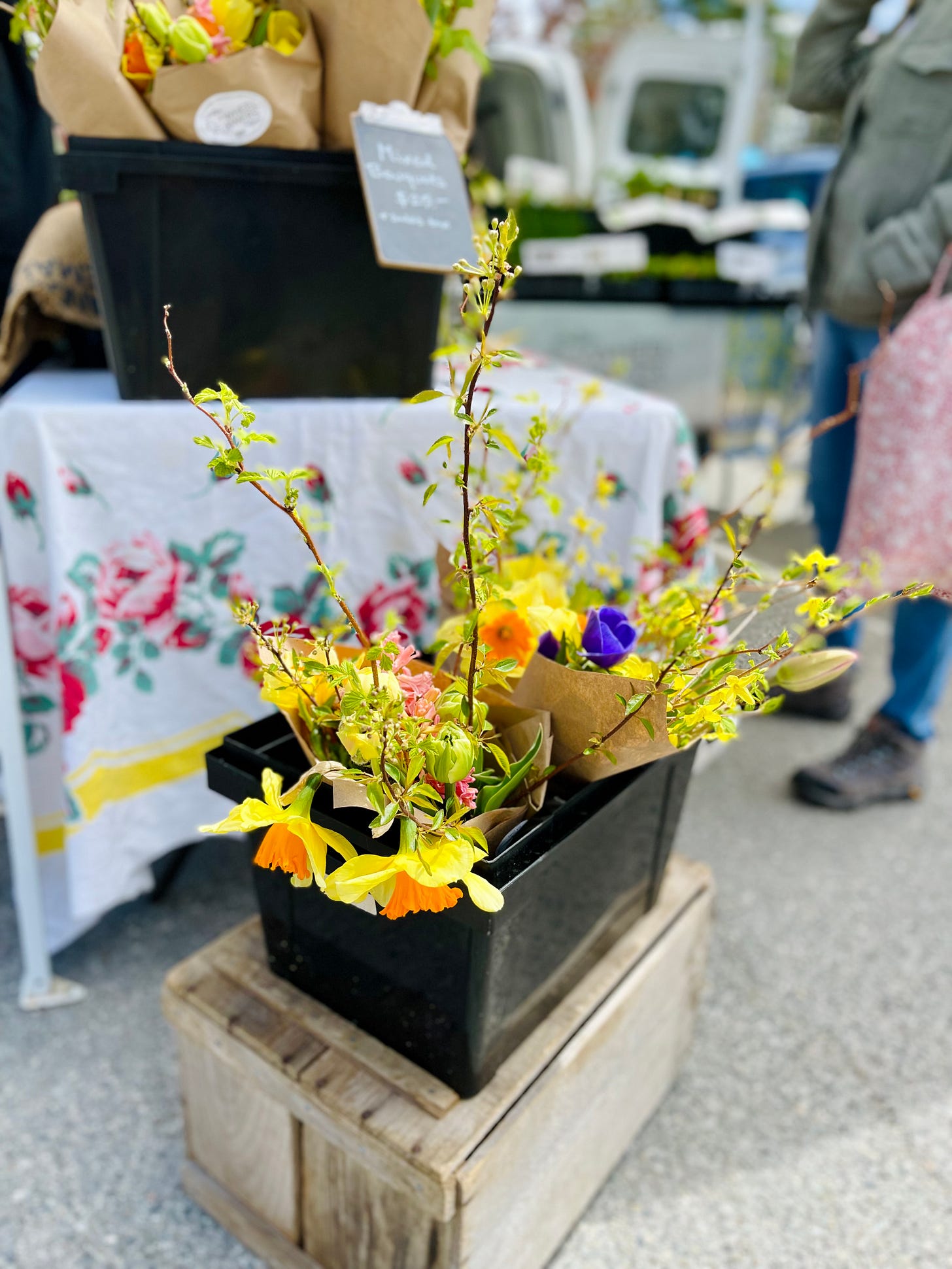

Good news is always welcome in a time when most media seems to feel as if only bad news is worth reporting.Thank you!
Great articel.